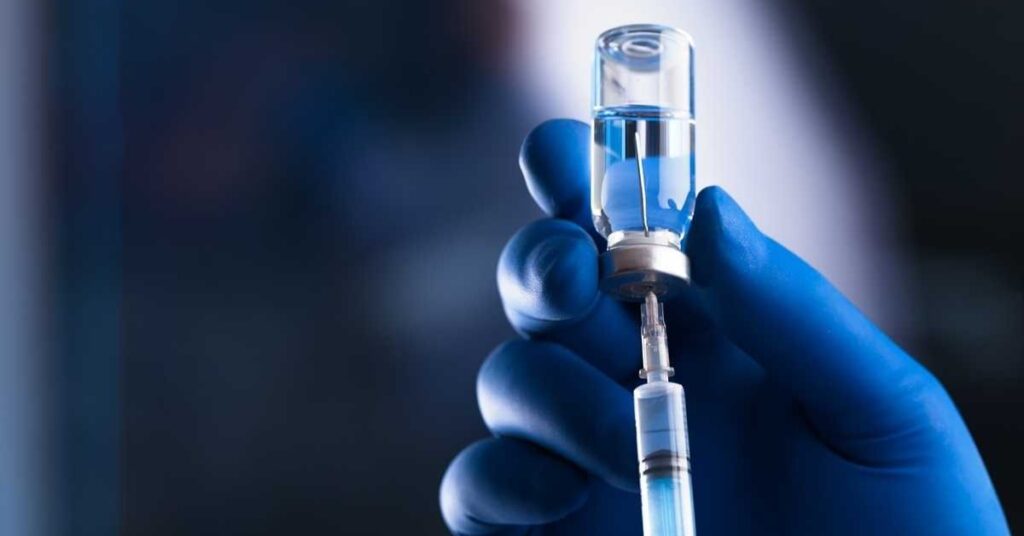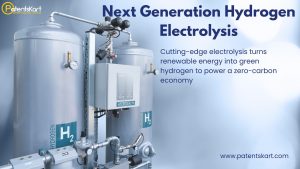Innovation leads the way to the future of mankind. Such innovations take a lot of time and effort by the inventor and they deserve recognition for it as well.
The Rights grants such innovations the right and recognition of originality to the developing entity which prevents anyone from copying the invention and in turn launching a rival product against their original one.
Vaccine development is a highly technical and innovative process. However, the Covid-19 pandemic has posed some challenges in front of the system as some countries like the US have lifted protections on the vaccines developed to treat Covid-19.
This decision has been made to help some underdeveloped and developing countries so that they can receive more vaccine doses and save the time and life of people in need.
While the rest of the world praises this action, many people from the pharmaceutical industry have opposed this decision as it poses a threat to the originality of vaccine developers and might risk the development of copied rival products.
The situation has brought about a moral dilemma for many world leaders and health advocates – which makes the entire process of vaccine patenting a lot more controversial than before.
Drug discovery and development is a lengthy and highly complex process that takes years to complete.
Approval sanction for these drugs also takes a lot of time which is why patents are granted at the early stage of sales and marketing which allows the developer to continue their competition-free sales.
As the process continues, drugmakers can make changes and improve the drug by securing additional patents on the product.
The entire process of developing novel drugs is risky and time-consuming. Initially, the target identification and drug molecular testing itself takes years and is prone to errors as well.
Once the drug and the target molecule have been identified, the drug is tested for its safety and efficacy which can take place in vitro or in vivo.
Followed by the pre-clinical and clinical human trials which are costly, time-consuming, and prone to failures. 62-67% of drugs fail during the Phase II clinical trials which means only about 33% of these drugs reach the final phase and about half of them prove to be effective.
Apart from this, the entire process from drug identification to the regulatory approval step takes approximately $1 billion and 11-12 years.
With such a high risk and failure rate – having a prospect of sales in the future without worrying about competition becomes highly important for drug makers.
The current situation of the Covid-19 pandemic has become worse for countries like the US, India, and Brazil.
While some nations have been able to cope with the situation with the steady flow of Covid-19 vaccines – some other poor countries like South Africa and India have been struggling with vaccine shortages in many parts of their countries.
The waiver of patent protections has been supported by such countries as the outbreak worsens resulting in a high fatality rate.
Even though the waiver has been brought in by a sense of support, it is not entirely clear how it would increase the availability of vaccines or how these countries will receive the vaccine doses faster.
Several pharmaceutical experts and analysts have suggested that even if the drugs are sold without patent it is not easy for others to simply copy the composition and develop similar vaccines quickly.
The development process can differ entirely as the machinery and equipment required might not be available in some poor countries and setting them up will take a long time.
This requires powerful analytical decision-making from both ends – the provider of the vaccines as well as the receiving nation’s leaders.
Vaccines have proven to be effective in protecting large populations from an endemic or a pandemic over the past decades and continue to do so.
The Covid-19 vaccine is the only available shield of protection that can help people to control this outbreak.
While many vaccines have been approved and are being administered to people all across the globe, there are still many other vaccines that are in their final stages of clinical trials and some of them are waiting for their regulatory approval. Time stands as a determinant in deciding whether or not patent waivers will help control this situation.







